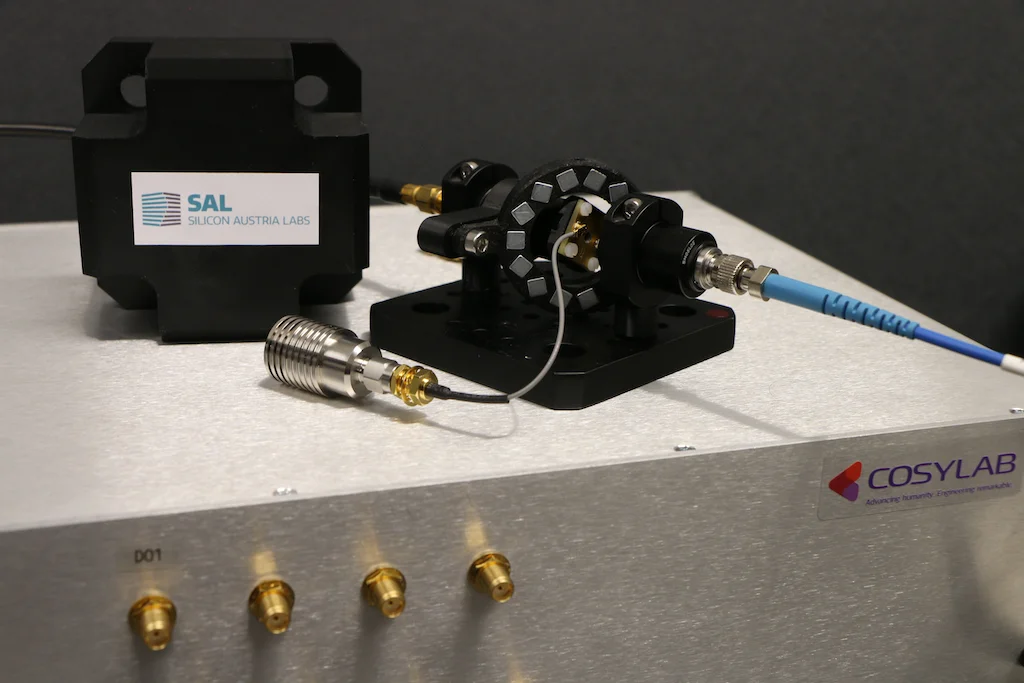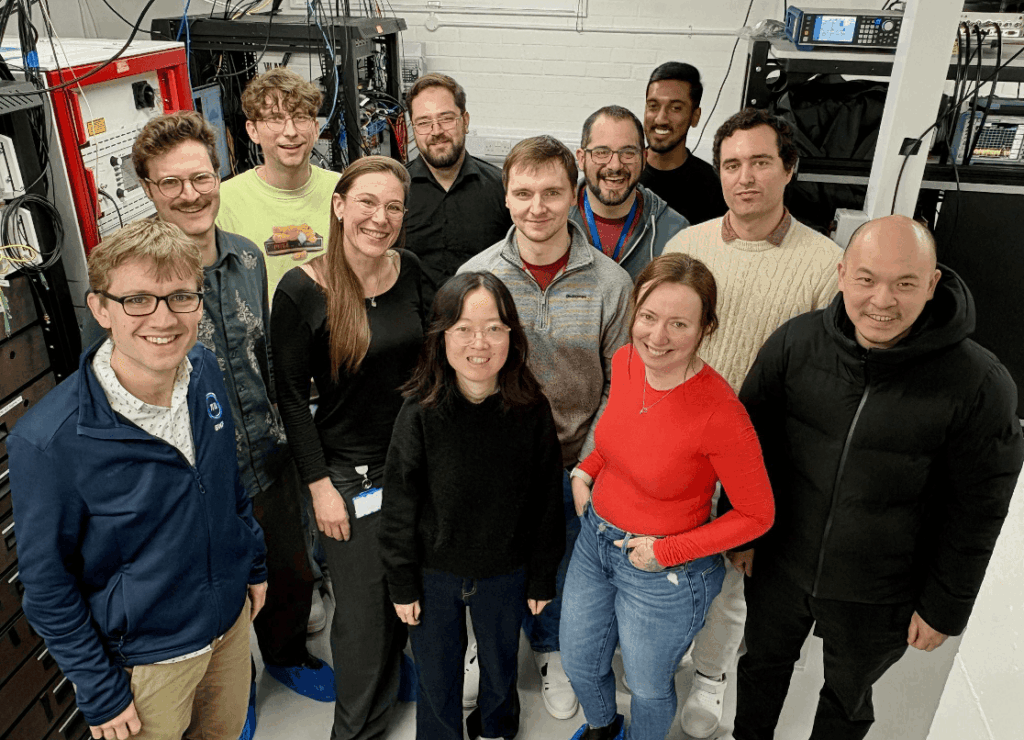Insider Brief:
- Toyota Research Institute of North America (TRINA) and Xanadu are collaborating to develop quantum algorithms for materials science simulations, focusing on improving the design and optimization of materials with quantum properties for various applications like sensors and energy technologies.
- The project targets identifying optically addressable spin defects in 2D materials, potentially using quantum computing to surpass classical limitations and achieve more accurate predictions for quantum sensing applications.
- A key component of the research is integrating quantum embedding theory with low-cost, optimized quantum algorithms, allowing quantum computers to handle complex simulations while classical computers manage less intensive tasks.
PRESS RELEASE — Toyota Research Institute of North America (TRINA) and Xanadu, a leader in quantum computing, have launched a new project to harness the power of quantum computing in advancing materials science simulations. This collaboration focuses on developing quantum algorithms to improve the design, characterization, and optimization of complex materials, including those with desired quantum properties critical for future mobilities. The initiative targets at new avenues towards material discovery and development, with broad applications across quantum sensors, energy technologies, and beyond.
There is an urgent need to identify optically addressable spin defects, which is a localized disturbance in the electronic spin configuration of a material, in 2D materials to develop advanced quantum sensors capable of detecting minute magnetic and electric fields, as well as microscopic strains. Achieving this objective requires surpassing the limitations of classical computational methods, to accurately predict key optoelectronic properties of defects in materials. This new research suggests that quantum computers could provide unparalleled accuracy in discovering new defect-material platforms for quantum sensing applications.

A key aspect of this collaboration is the integration of advanced quantum embedding theory with the development of optimized quantum algorithms. Quantum embedding theory helps to reduce the significant computational burden needed for simulating defects in materials. This strategy allows quantum computers to focus on the most challenging parts of the problem while leaving a classical supercomputer to handle the rest. Equally important is the development of low-cost tailored quantum algorithms, which are essential to enable the simulation of defects on early quantum computers. Together, these elements are critical to advancing the collaboration’s goals.
“Our approach involves dividing the problem into tasks best suited for quantum computers and those that can be efficiently handled by classical supercomputers,” said Juan Miguel Arrazola, Head of Algorithms at Xanadu. “By combining this strategy with our optimized quantum algorithms, we can achieve accurate insights at a lower computational cost, effectively linking new quantum defects to practical applications.”
This research delves into the study of a negatively charged boron vacancy in hexagonal boron nitride, a two-dimensional defect-material system poised for quantum sensing applications. Using classical simulations, a predictive model for the material’s luminescence properties was developed, providing needed data for designing optimized quantum algorithms with lower computational costs and demonstrating the exciting role quantum computing can play in advancing materials science.
The collaboration between TRINA and Xanadu highlights the increasing significance of quantum computing in overcoming challenges that have traditionally slowed progress in materials science. The emerging capabilities of quantum computing have shown promising potential in many areas of materials science. Now the application in quantum defects and quantum sensing has become an exciting new frontier.
“Understanding the physics of spin defects is crucial for advancing quantum sensing technology,” said Chen Ling, Senior Research Manager at Toyota Motor North America (TMNA). “Quantum computing has now made a significant step towards the precise manipulation and control of these defects to enhance sensitivity and accuracy in detecting minute physical changes at the quantum level.”
This collaboration between TMNA and Xanadu is set to accelerate advancements in quantum sensing and to establish a new standard for how quantum computing can be effectively harnessed to solve some of the most complex challenges in materials science.















